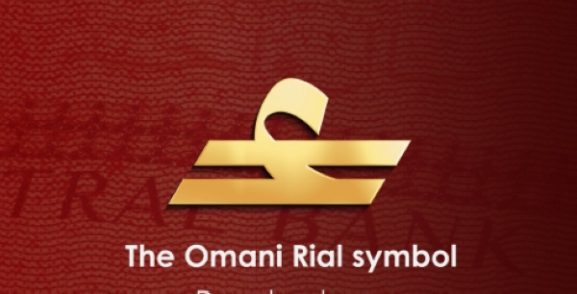الشركات العُمانية تتجنب ضريبة القيمة المضافة المزدوجة على الواردات من الإمارات: تخفيف ضريبي رئيسي لنمو الأعمال في عُمان
مسقط: أصدرت هيئة سيارات الأجرة العمانية توضيحاً هاماً للشركات العمانية المسجلة في ضريبة القيمة المضافة بشأن التجارة البينية بين سلطنة عمان والإمارات العربية المتحدة ودول الخليج الأخرى المطبقة لضريبة القيمة المضافة.
يمكن للشركات العمانية تجنب رسوم ضريبة القيمة المضافة غير الضرورية عند شراء السلع من الإمارات العربية المتحدة لغرض تصدير هذه السلع من الإمارات العربية المتحدة واستيرادها إلى عُمان من خلال اختيار أحد خيارين رئيسيين:
الخيار الأول: التوريد لأغراض التصدير مقابل ضريبة القيمة المضافة 0%
ينبغي على الشركات العُمانية التنسيق مع مورديها في الإمارات العربية المتحدة لشحن البضائع مباشرةً إلى عُمان كـ "تصدير توريد خارجي". في هذه الحالة، لا تُطبق ضريبة القيمة المضافة، وتُصنف المعاملة على أنها معفاة من ضريبة القيمة المضافة بنسبة صفر (0%)، شريطة تقديم وثائق التصدير، بما في ذلك إقرار التصدير، وفقًا للوائح الضريبية في الإمارات العربية المتحدة.
الخيار الثاني: خدمة نموذج استرداد ضريبة القيمة المضافة للزائر التجاري
إذا تم دفع ضريبة القيمة المضافة في وقت الشراء، يكون أمام الشركات خيارين:
- يجوز للمورد الإماراتي إصدار مذكرة ائتمان للمشتري العماني، لاسترداد ضريبة القيمة المضافة بعد التحقق من صحة التصدير بإعلان تصدير يوضح شحن البضائع إلى عمان.
- وبدلًا من ذلك، يمكن للشركة العمانية التقدم بطلب استرداد ضريبة القيمة المضافة مباشرةً إلى الهيئة الاتحادية للضرائب بدولة الإمارات العربية المتحدة باستخدام "نموذج استرداد ضريبة القيمة المضافة للزائر التجاري"، بشرط استيفاء جميع شروط الخدمة وعدم وجود فروع أو منشأة ثابتة للشركة العمانية في دولة الإمارات العربية المتحدة.
ويهدف هذا التوضيح إلى تبسيط الإجراءات ومساعدة الشركات على تجنب نفقات ضريبة القيمة المضافة غير المبررة وتعزيز التعاون التجاري المعزز بين سلطنة عمان والإمارات العربية المتحدة ودول الخليج الأخرى التي تطبق ضريبة القيمة المضافة.
تحليل خاص من عمانت | تصفح سوق عُمان
يقدم هذا التوضيح لضريبة القيمة المضافة الشركات العمانية فرصة استراتيجية لخفض التكاليف الضريبية غير الضرورية- تعزيز كفاءة التجارة عبر الحدود مع دولة الإمارات العربية المتحدة ودول الخليج. ينبغي للمستثمرين ورجال الأعمال الأذكياء الاستفادة من هذه الخيارات المتوافقة مع ضريبة القيمة المضافة لتحسين سلاسل التوريد وتحسين التدفق النقديمع مراقبة متطلبات الامتثال عن كثب للحد من أي مخاطر مالية. تُشير هذه الخطوة إلى دفعة قوية نحو تكامل تجاري إقليمي أقوى، مما يُوفر أرضية خصبة للنمو والتعاون.



